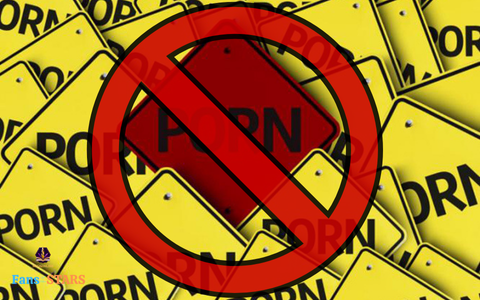Nationwide Porn Ban? Interstate Obscenity Definition Act Explained
Are you aware of a possible nationwide porn ban in the U.S.? The Interstate Obscenity Definition Act (IODA) could make all porn illegal. In August 2025, Republican Utah Senator Craig Lee introduced IODA, a bill aiming to federally redefine “obscenity.” If passed, all material produced solely to elicit an erection or orgasm—without literary, artistic, political, or scientific merit—would be illegal nationwide.
Status: The legislation is currently under consideration by the Senate Committee on Commerce, Science, and Transportation.
Critics’ concerns: Advocates for narrower definitions warn the bill’s broad language could impact not only explicit adult films but thousands of mainstream works. They also argue it likely violates First Amendment free speech protections.
Age Check Laws: Following court rulings, the U.S. Supreme Court recently upheld a Texas law requiring adult websites to verify visitors’ ages. Proponents view age verification as a moral duty to protect children online.
Enforcement Trends: States like Virginia already require adult sites to restrict unregistered, non-paying visitors from viewing explicit content. This trend may expand nationally if laws like IODA pass.
Tackling Non-Consensual and Deepfake Pornography: In May 2025, Congress passed the Take It Down Act. This law criminalizes sharing intimate images without consent, especially AI-generated deepfakes. Violating content must be removed within 48 hours after a victim’s complaint.
Why it Matters: The law aims to reduce harassment and privacy violations without suppressing free speech. The Federal Trade Commission (FTC) oversees enforcement.
Obscenity Laws & Free Speech: The Miller Test currently protects some speech, including ideas and artistic expression. It balances protecting freedom and restricting obscenity through an inoffensive legal standard.
Historical Context: The 1873 Comstock Act banned “obscene” materials but today focuses on child sexual abuse material. Consensual adult content is largely exempt from enforcement.




